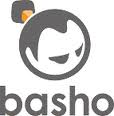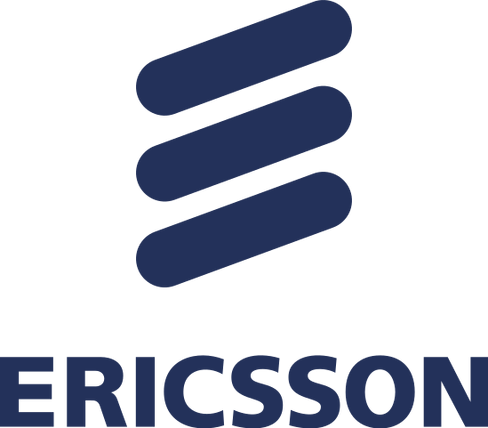Scott Lystig Fritchie
Decade-long Erlang addict
Basho Technologies

Scott Lystig Fritchie met his first UNIX system in 1986 and has almost never met one since that he didn't like. A career detour as a UNIX systems administrator got him neck-deep in messaging systems, e-mail and Usenet News. He rediscovered full-time programming while at Sendmail, Inc., where a colleague introduced him to Erlang in 2000. His world hasn't been the same since then.
In addition to hacking Erlang code and occasionally the Erlang virtual machine, he has had papers published by USENIX, the Erlang User Conference, and the ACM and has been a speaker at Erlang Factory. He is a former co-chair of the ACM Erlang Workshop and current member of that workshop's steering committee. Scott is a senior software engineer at Basho Technologies.
Twitter: @slfritchie
In addition to hacking Erlang code and occasionally the Erlang virtual machine, he has had papers published by USENIX, the Erlang User Conference, and the ACM and has been a speaker at Erlang Factory. He is a former co-chair of the ACM Erlang Workshop and current member of that workshop's steering committee. Scott is a senior software engineer at Basho Technologies.
Twitter: @slfritchie

Scott Lystig Fritchie is Giving the Following Talks
A Practical Application of Load-Regulation in Erlang
Load-regulation as a layer of defense against failure and mechanism for performance management is not a commonly used technique in modern software development. This talk will explore the application of a load-regulation framework (JOBS) to an Erlang-based datastore (Riak) and discuss the resulting performance and robustness improvements. Critically, we will also demonstrate that adding load-regulation can be done efficiently and without impacting the low-latency requirements of a datastore like Riak.
DTrace and Erlang: a new beginning
The 2008 EUC saw its first DTrace+Erlang presentation: parts of the R12 release were annotated with DTrace probes, and a driver created to allow Erlang code to trigger a DTrace probe directly.
Work has started again on adding DTrace probes to the Erlang VM. The repository at GitHub contains the source code for the new effort. Support for OS X, Solaris, and (soon) FreeBSD is underway, and supporting in Linux via SystemTap is a high priority. The end goal is acceptance of the DTrace annotations into Ericsson's Erlang/OTP distribution.
Initial work is creating probes that help Basho diagnose performance problems with Riak DB and Riak Core applications. Scott will present a small case study of how DTrace probes can help find sources of end-to-end latency in Riak that have been extremely difficult to find, even when using Erlang's impressive array of tracing tools.
Work has started again on adding DTrace probes to the Erlang VM. The repository at GitHub contains the source code for the new effort. Support for OS X, Solaris, and (soon) FreeBSD is underway, and supporting in Linux via SystemTap is a high priority. The end goal is acceptance of the DTrace annotations into Ericsson's Erlang/OTP distribution.
Initial work is creating probes that help Basho diagnose performance problems with Riak DB and Riak Core applications. Scott will present a small case study of how DTrace probes can help find sources of end-to-end latency in Riak that have been extremely difficult to find, even when using Erlang's impressive array of tracing tools.


